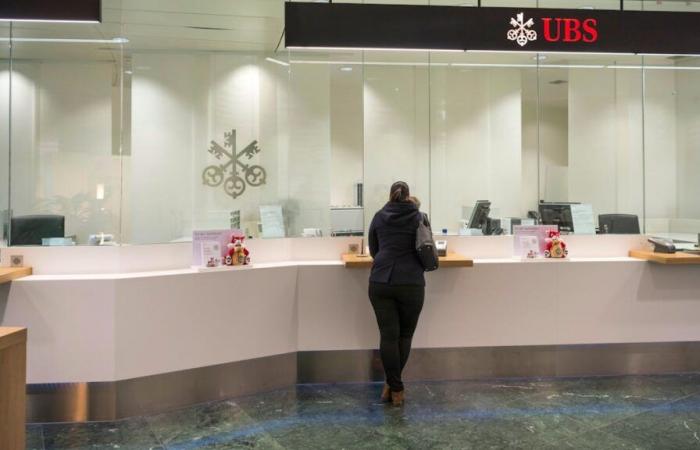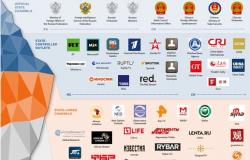Flexibility is undermined at UBS. Since March, the bank has hardened its telework rules: employees must be present at least three days a week in the office, including Monday or Friday. And to enforce this directive, the bank recently introduced a digital tool which calculates, for each employee, its on -site presence rate, on the basis of passages with badge.
Concretely, the dashboard displays a monthly objective, with a margin of 20% to take into account absences or holidays. Those who do not reach him are kindly invited to compensate him for the rest of the year. And no way to play the dizzy: each employee, as well as their superior, have access to statistics. “It is not the surveillance that bothers me the most, it is the atmosphere that it creates, confides an employee in” Tages-Anzeiger “. You check every week if you are in the green. “
The objective, according to UBS, is to promote collaboration and productivity. But the bank promises it: there is no question of touching the bonuses if some do not reach the face -to -face rate requested. “Except that nobody really believes it,” breathes an employee.
The measurement comes while 3000 job cuts are announced in Switzerland following the acquisition of Credit Suisse. For a bank employee, one thing is certain: “In this climate of uncertainty, these tools do not help reassure.”
Teleworking is not subject to any specific regulations in Switzerland, in particular in the Code of Obligations or the Federal Act on Work in Industry, Crafts and Trade (LTR). There is therefore no right to do telework. It is necessary to obtain the prior agreement of his employer and to agree with him terms (extent and working hours, provision of equipment, reimbursement of costs, data protection methods, etc.). The worker, on the other hand, has the same rights and obligations as employees who perform their service in the premises of the company.








